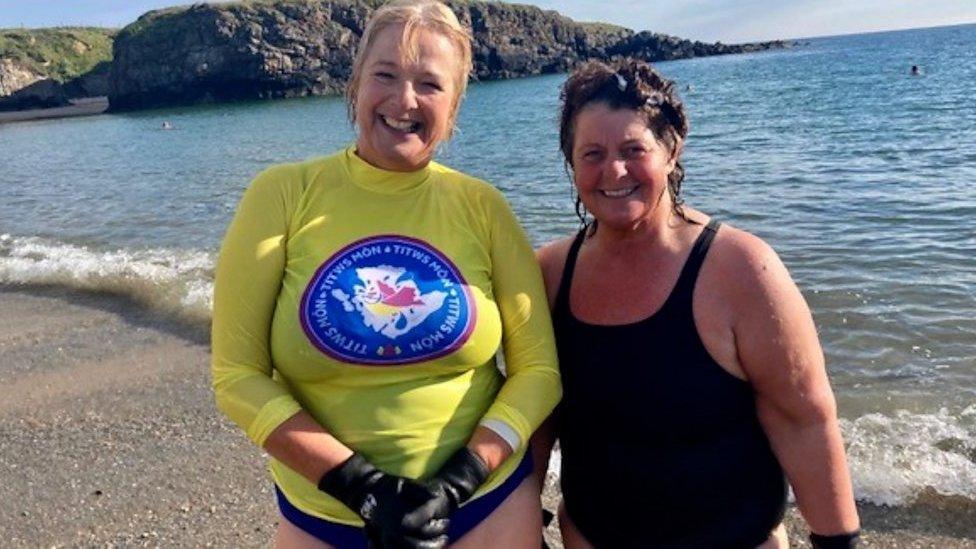Postcode lottery of menopause care revealed
- Published
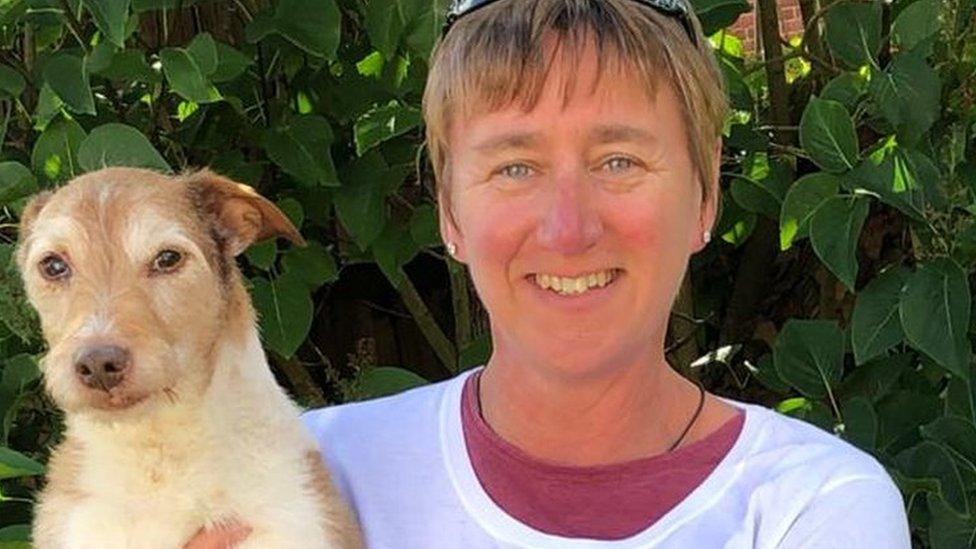
Menopause Support founder Diane Danzebrink said women were being pushed to seek private care
Women experiencing symptoms of the menopause say they have been left to "suffer in silence" due to a disparity in spending on drugs across England.
Analysis of NHS prescription data shows some local health boards spent three times the amount per woman on Hormonal Replacement Therapy (HRT) than others.
Experts said the treatment options offered by some local health boards were "very limited".
The government said women's health was at the top of its agenda.
The BBC's Shared Data Unit analysed how much Clinical Commissioning Groups (CCGs) spent on common HRT treatments between April 2021 and June 2022.
Analysis showed the highest rate of spending was West Suffolk where £14.10 was spent per woman aged 45 to 60. That compared to £5.56 spent in Leicester City.
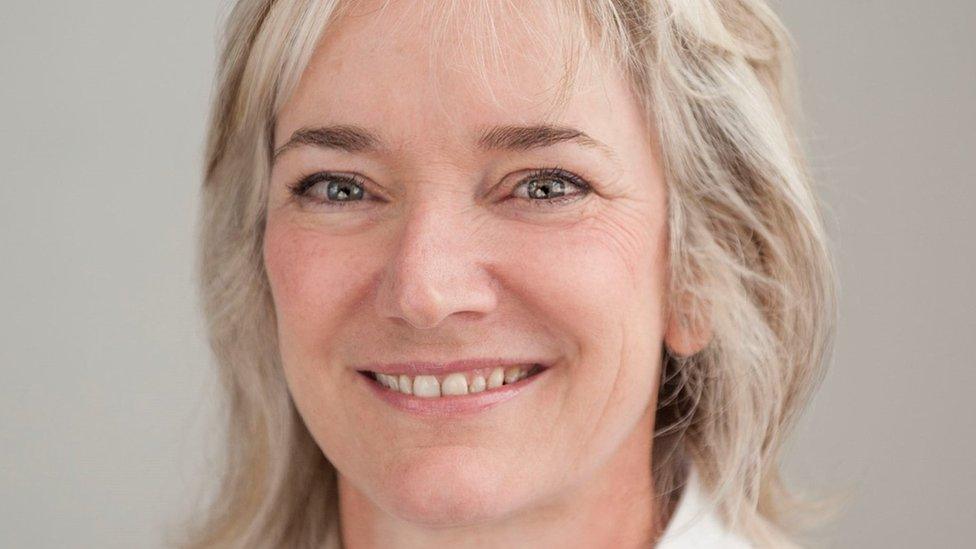
Chair of the British Menopause Society Dr Paula Briggs wants more education for GPs
Dr Paula Briggs, the chair of the British Menopause Society, said the disparity was partly caused because the medicines available for GPs to prescribe, differ across different areas.
She said: "I'm aware it depends where you live whether you can access the same products," she said. "It's particularly frustrating in border areas.
"For example, Liverpool and Manchester will have different [lists of approved products] for GPs, so if you lived 100 yards either side you wouldn't be able to access the same treatment."
'You want to be the person you were'

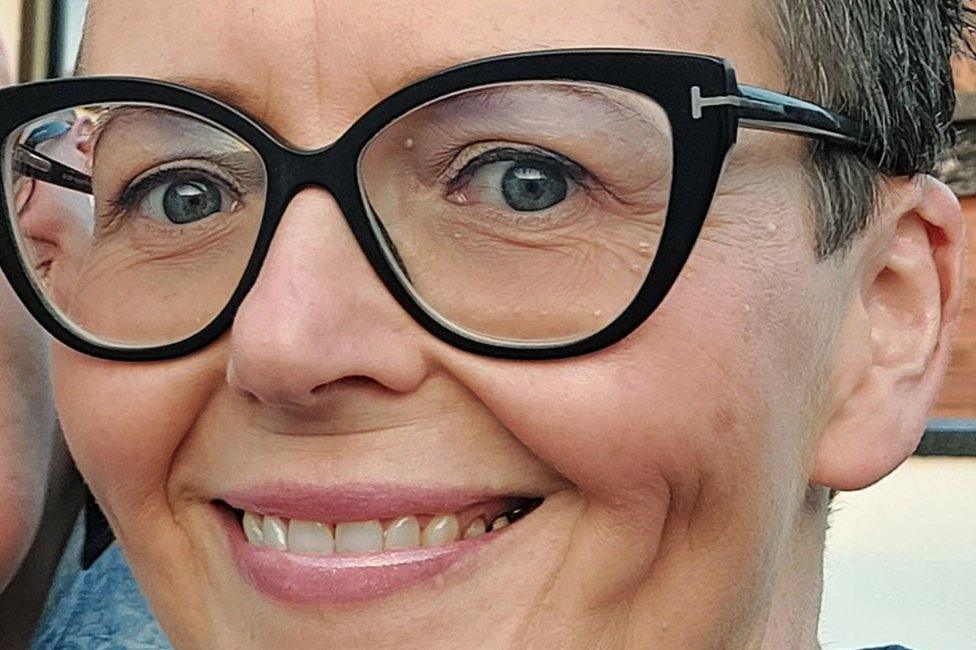
Helen Swarbrick waited for a year to be prescribed HRT on the NHS
Helen Swarbrick, 48, from Chorley in Lancashire, started experiencing menopause symptoms in March 2020, but wasn't prescribed HRT on the NHS for 12 months.
As her symptoms - including loss of libido, anxiety and brain-fog - worsened, she decided to go private.
"I got an appointment within a week. I got a change of medication within a few days," said Ms Swarbrick.
"You obviously pay for that privilege. I've paid more than £1,500 in consultations, blood tests and private prescriptions since May 2021. It's not acceptable.
"Getting the right [private] treatment has had a massive impact on me.
"You just want to be the person who you were before. You're not asking for something different or life-changing."

Menopause
Menopause is when the ovaries stop releasing eggs and levels of hormones oestrogen, progesterone and testosterone fall
A woman is in menopause when she has not had a period for 12 months
The average age is 51 but some women in menopause are under 30
Perimenopause is the transition period to menopause
Some have no or few symptoms - but for others, the changes can be severe

Diane Danzebrink, of the Menopause Support Charity, said GPs "hands were tied" by the options available to them.
She said: "Often, we will hear from women who are being prescribed oral tablets as a first line, and they're not being offered options.
"Sometimes, that is because those options are purely not available on their local CCG. So that sort of ties the hands of their doctors to be able to offer them choices."
"It all comes down to finances. It all comes down to how much the local CCG has to spend on all the medications and all the treatments that they need to offer across their local population. So if there are cheaper choices, they're the ones that they're going to take."
Ms Danzebrink, from Northamptonshire, said she had helped women facing 18-month waiting lists for NHS clinics, with the impact of the pandemic still being felt on services.
"People can't wait 18 months. The provision isn't there in terms of quantity, but even where it is there it's pushing more people to seek private menopause care," she said.
"There are going to be millions of women across the country who could never consider the idea of private menopause care and are being left to suffer in silence. In 2022, that's a disgrace."
'Swimming against the tide'
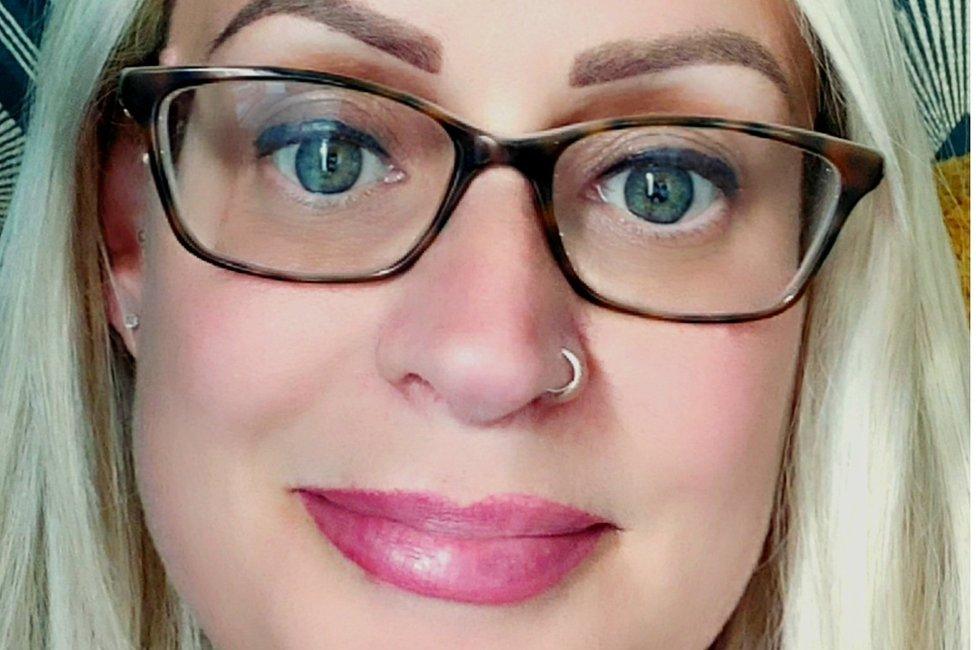
Becky Scott-Davies said many of her peri-menopausal symptoms were taken in isolation by clinicians
Becky Scott-Davies, 42, from Peterborough, paid thousands of pounds for menopause treatment at a private menopause clinic after struggling for more than four years to get the right treatment from NHS GPs in part because of her age. Her private costs included a £200 charge per prescription for HRT imported from Australia.
She said more knowledge on the part of clinicians was needed, especially when women present with symptoms at a younger age.
"There were a number of other ailments that I had, that I know now are menopause related. For example, a lot of gastric issues and things like anxiety, which can be treated as issues on their own," said Ms Scott-Davies.
"It's multi-faceted and because there are so many symptoms, they can just be mistaken for being in isolation when they are not.
"If the health care professionals we go to don't know, we're swimming against the tide. And that's the biggest thing."
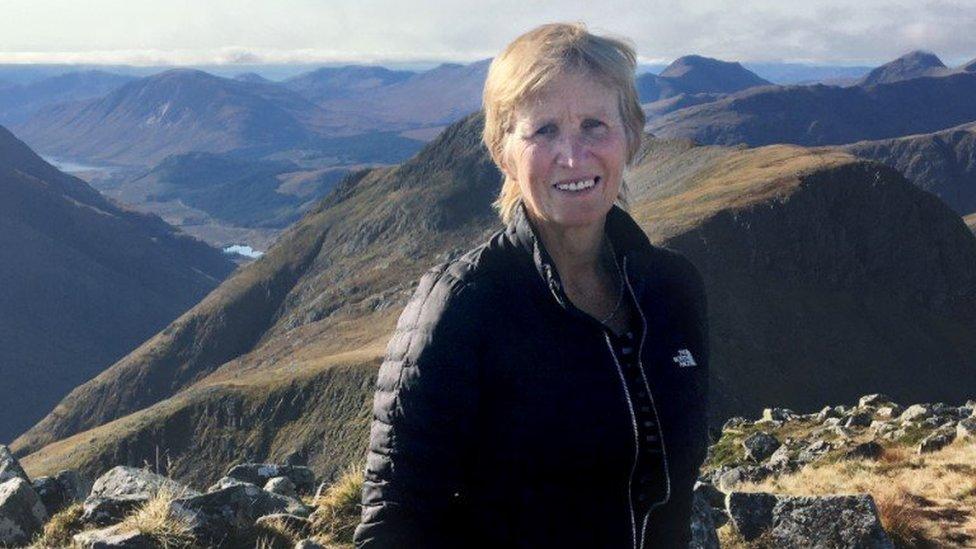
Menopause expert Dr Anne Connolly said sharing information was key to understanding local HRT needs
Menopause specialist Dr Anne Connolly, who was awarded an MBE for services to primary care women's health in 2021, said the disparity in spending was "disappointing", but added many factors can affect the number of women coming forward for HRT treatment.
She said: "A lot of it is about choice. Some women feel badly informed or have more concerns, so they put off coming to talk to us.
"There are also many cultural factors. We know that different ethnic groups will experience symptoms differently or manage them differently.
"And some of this is about healthcare provision in inner-city deprived areas, where we know there are fewer GPs and bigger list numbers."
The Department for Health and Social Care said women's health was at the top of its agenda by taking action to increase HRT supplies and cut treatment costs.
NHS England said new programmes would give "increased learning for clinicians" in how they can best support menopausal women.
Earlier this month, a report for MPs said women should be invited for a menopause check-up when they turn 45, criticising the current support as completely inadequate.
The Menopause All-Party Parliamentary Group said it had listened carefully to women's experiences, including difficulties getting a diagnosis and accessing hormone-replacement therapy (HRT).
BBC analysis of British Menopause Society data showed 59% of Clinical Commissioning Group areas (CCGs) in England had no NHS clinics, including all of Devon and Cornwall and large areas in the North.
The data also showed almost a third of existing NHS clinics were either in London or Surrey.
CCG areas were scrapped in July in the most recent round of NHS reorganisation. The 106 CCGs have now been converted into 42 Integrated Care Boards.
A spokesperson from the Leicester, Leicestershire and Rutland Integrated Care Board, which replaced the CCG from July, said: "In Leicester city we have a very diverse population with differing cultural attitudes towards menopause and its treatment, which could have an influence on whether some women come forward with their symptoms."
Prescription data was not available for Scotland, Wales and Northern Ireland.

More about this story
The Shared Data Unit makes data journalism available to news organisations across the media industry, as part of a partnership between the BBC and the News Media Association.
For more information on methodology, click here., external For the full dataset, click here. Read more about the Local News Partnerships click here.
Related topics
- Published29 October 2021
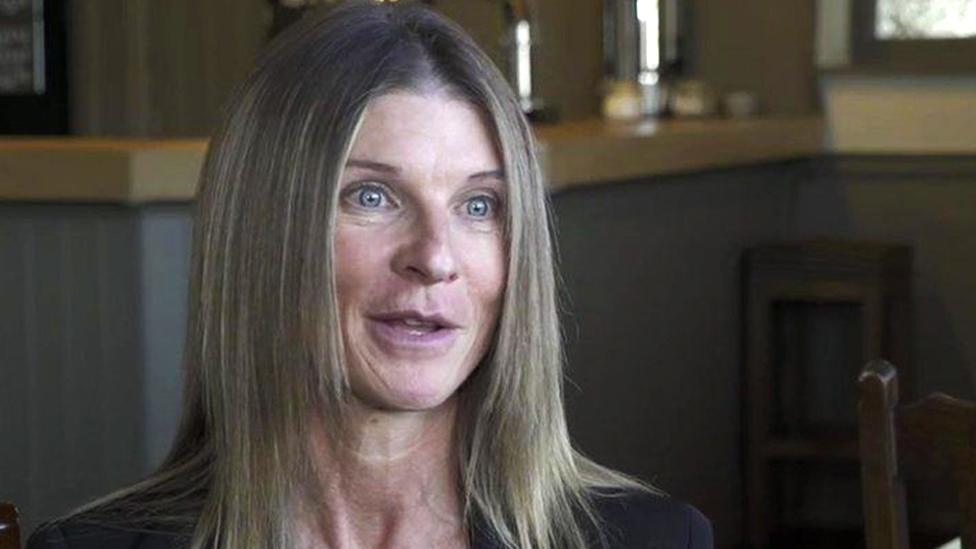
- Published20 April 2022
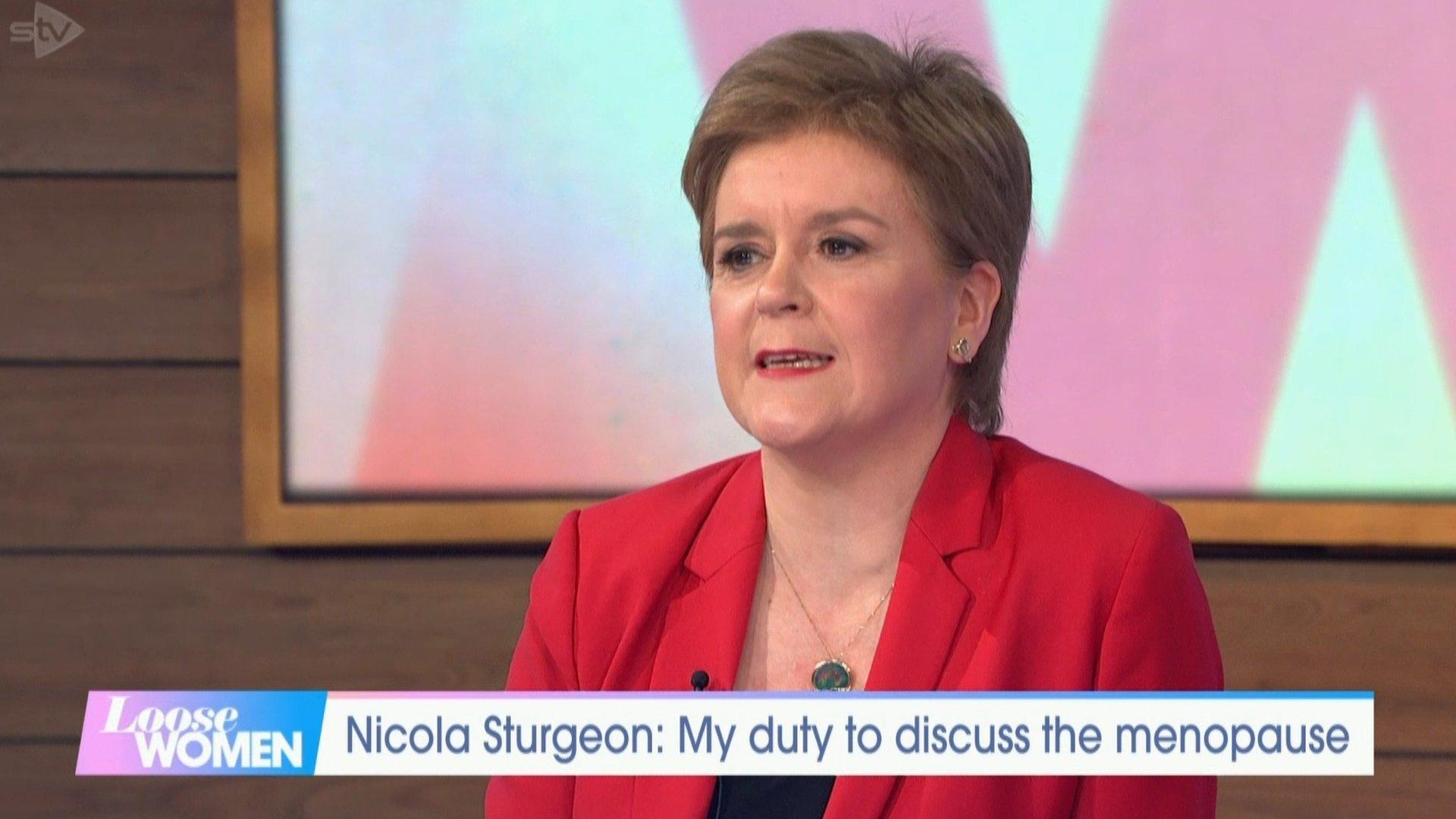
- Published12 July 2022
